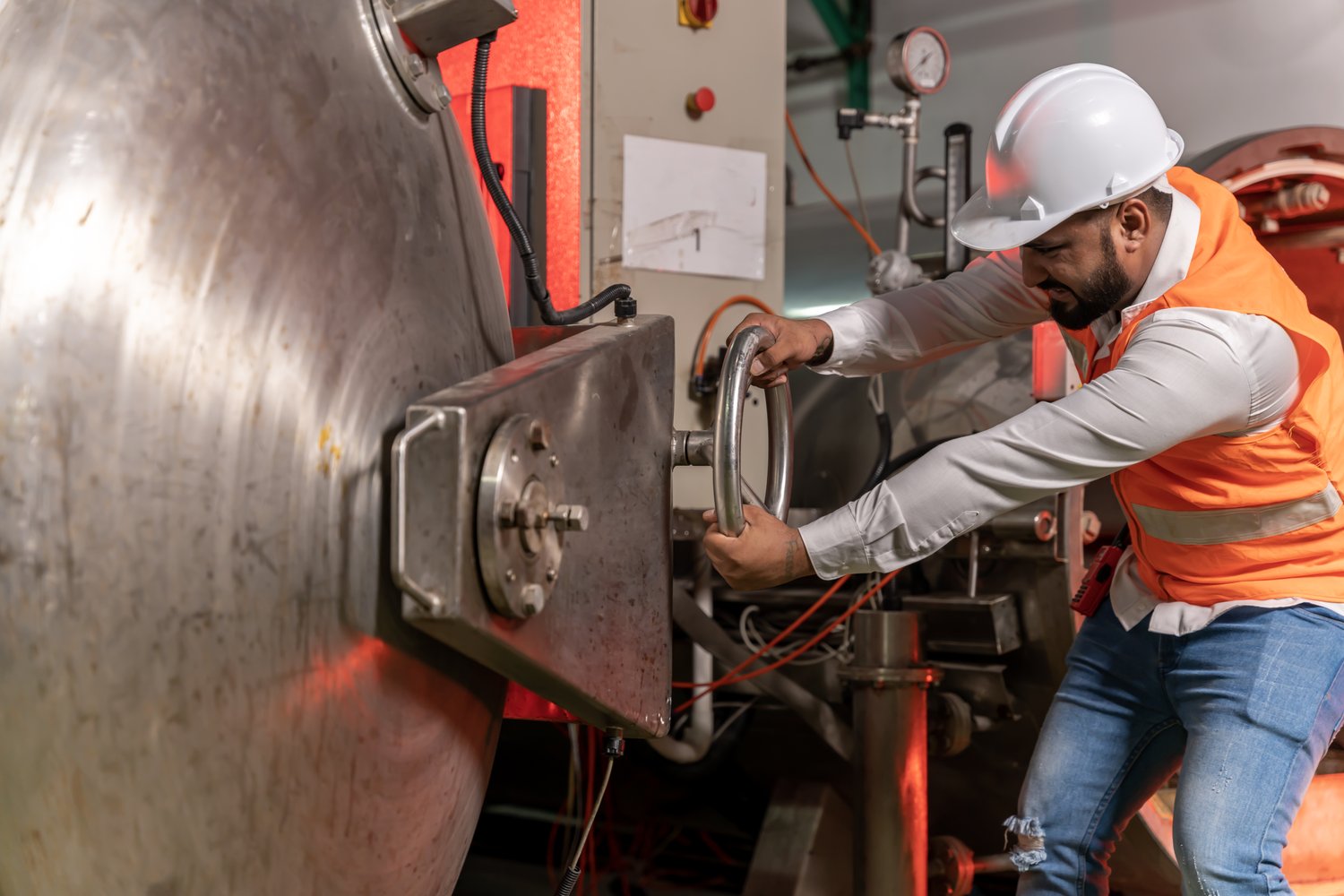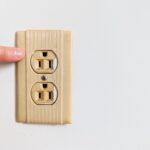Understanding the importance of magnetic filtres in heating systems
Magnetic filtres play a crucial role in maintaining the efficiency of heating systems. These devices capture magnetic debris, such as iron oxide particles, that circulate in the system. By doing so, they prevent the accumulation of sludge and scale. This process extends the lifespan of boilers and radiators. Experts recommend installing magnetic filtres in both new and existing heating setups.
The effectiveness of magnetic filtres lies in their ability to attract and hold ferrous particles. These contaminants can cause significant damage if left unchecked. A single magnetic filtre can capture up to 95% of circulating debris. This reduction in contaminants leads to improved heat transfer and reduced energy consumption. Homeowners can expect to see a decrease in their heating bills after installation.
Regular maintenance of magnetic filtres is essential for optimal performance. Most manufacturers suggest an annual cleaning schedule. During this process, the captured debris is removed, and the filtre is inspected for any signs of wear. Proper maintenance can extend the life of the filtre itself, ensuring continued protection for the heating system.
Benefits of Heating water filters and conditioners
Heating water filters and conditioners offer numerous advantages for homeowners and businesses alike. These devices remove impurities from the water, improving its quality and protecting the heating system. By eliminating contaminants, they reduce the risk of corrosion and scale buildup. This protection leads to fewer repairs and replacements of system components.
One of the primary benefits of these devices is the improvement in water quality. They remove sediment, chlorine, and other harmful substances. This filtration process results in cleaner, better-tasting water throughout the property. In areas with hard water, conditioners can soften the water, reducing soap scum and improving the effectiveness of cleaning products.
Heating water filters and conditioners also contribute to energy efficiency. Clean, treated water flows more freely through pipes and appliances. This improved flow reduces the workload on pumps and heating elements. As a result, energy consumption decreases, leading to lower utility bills. Some studies suggest that properly treated water can increase the efficiency of water heaters by up to 30%.
Choosing the right components for Heating systems
Selecting the appropriate components for heating systems is crucial for optimal performance and longevity. The choice of boiler, radiators, and pipework should be based on the specific needs of the property. Factors to consider include the size of the space, insulation levels, and desired temperature control. A properly sized system ensures efficient heating and prevents unnecessary energy waste.
Modern heating systems offer a range of technological advancements. Smart thermostats, for example, can learn occupants’ habits and adjust temperatures accordingly. These devices can reduce energy consumption by up to 15% compared to traditional thermostats. Zone control systems allow for individual temperature settings in different areas of a building, further enhancing comfort and efficiency.
When designing Heating systems, it’s essential to consider future needs and potential upgrades. Modular systems allow for easy expansion or modification as requirements change. Additionally, incorporating renewable energy sources, such as solar thermal panels, can significantly reduce long-term operating costs. These systems can provide up to 60% of a household’s hot water needs in optimal conditions.
Maintenance tips for efficient heating system operation
Regular maintenance is key to ensuring the efficient operation of heating systems. Annual servicing by a qualified technician is recommended for most systems. This service should include a thorough inspection of all components, cleaning of key parts, and necessary adjustments. Proper maintenance can extend the life of a heating system by up to 5 years.
Homeowners can perform several simple maintenance tasks themselves. These include:
- Regularly changing or cleaning air filters (every 1-3 months)
- Bleeding radiators to remove trapped air
- Checking and maintaining proper system pressure
- Keeping radiators and vents unobstructed
These simple steps can improve system efficiency by up to 25%.
Monitoring energy consumption is another important aspect of system maintenance. Unexpected increases in energy usage can indicate developing problems. Modern smart meters and energy monitoring devices make this process easier. They provide real-time data on energy consumption, allowing for quick identification of issues. Early detection of problems can save up to 50% on repair costs.





